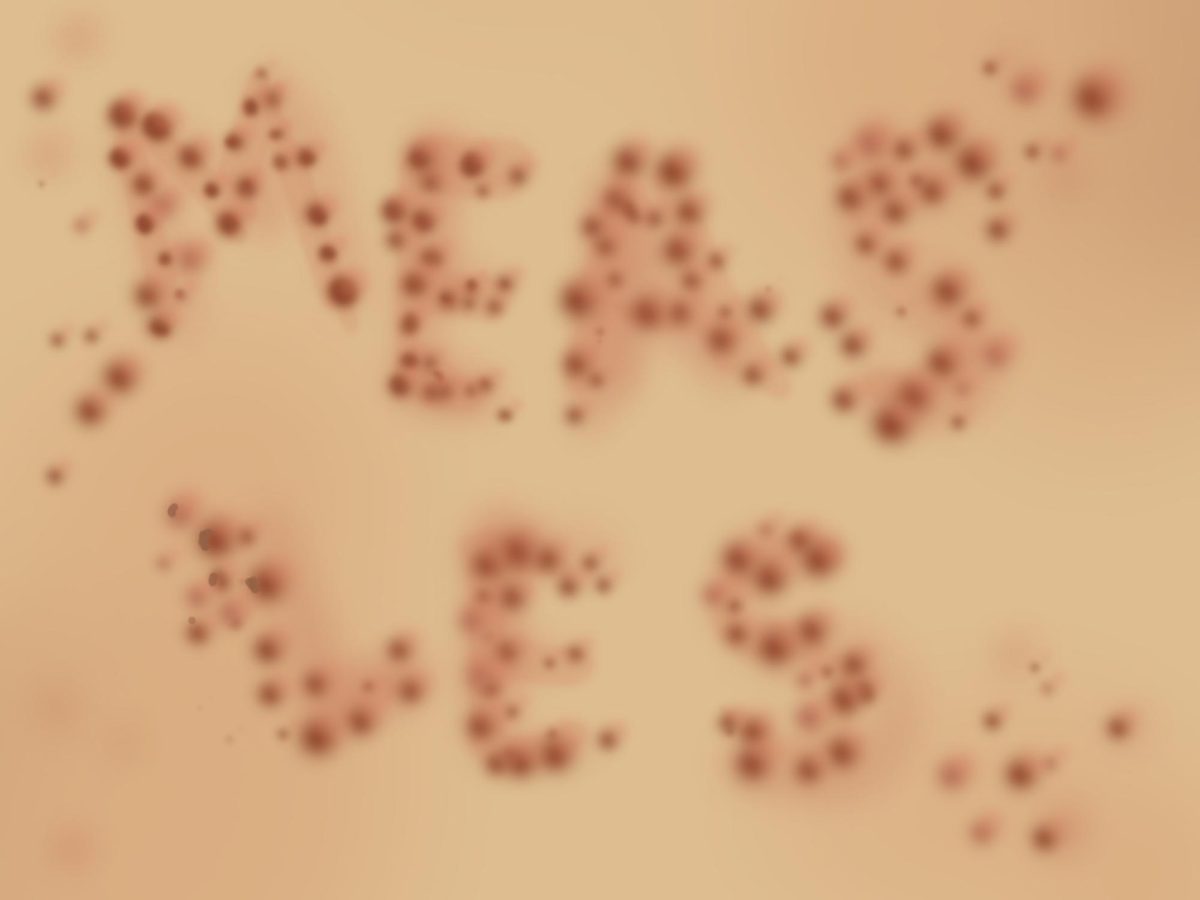The United States is currently facing a significant measles outbreak, with over 642 confirmed cases across 22 states. Texas has emerged as the epicenter with 499 cases, primarily among unvaccinated individuals. This resurgence underscores the critical role of vaccination in preventing the spread of measles, a disease once declared eliminated in the U.S. in 2000.
The first measles vaccine was introduced in 1963, and over the next few decades, it significantly reduced case numbers. However, a resurgence between 1989 and 1991 resulted in over 55,000 cases and 123 deaths, largely due to low immunization rates among children. In response, the Vaccines for Children Program was launched in 1993 to provide free vaccines to eligible children. In 2000, measles was officially declared eliminated in the U.S. due to high vaccination coverage and sustained public health initiatives.
The current outbreak has been most severe in Texas, particularly in Gaines County, where vaccination rates are below the national average. Health officials have reported 481 cases since late January, with 56 hospitalizations and one confirmed death of an unvaccinated school-aged child. Neighboring states such as New Mexico and Oklahoma have also reported cases linked to the Texas outbreak, according to the CDC’s health advisory.
One major factor behind the outbreak is vaccine hesitancy. Misinformation and distrust surrounding vaccine safety have led to declining immunization rates in some communities.
“We spend a lot of time teaching students to question sources and evaluate evidence: Public health is no different,” biology teacher Mr. Gordon said. “The science is solid, but what’s missing sometimes is trust, and that’s something we have to help rebuild in our classrooms.”
The current outbreak has illustrated how declining vaccination rates can rapidly reverse public health progress. CDC data show that even small drops in immunization coverage can create vulnerabilities that allow preventable diseases like measles to spread. According to the CDC, communities with vaccination rates below 90% are at increased risk for outbreaks, especially in school-aged populations.
“I didn’t even know there was a measles outbreak until we talked about it in class,” sophomore Hedia Ninan said.
The resurgence of measles is a reminder of the disease’s highly contagious nature and the critical importance of vaccination. The CDC recommends that children receive two doses of the measles, mumps and rubella vaccine, which is 97% effective at preventing measles.
“My younger cousins aren’t vaccinated because of what their parents saw online. Now I worry about them, especially since we’re seeing these outbreaks again,” sophomore Liam Cabildo said.
Health officials urge all individuals to check their vaccination status, especially before traveling internationally. CDC guidelines stress being fully vaccinated two weeks prior to travel and monitoring symptoms upon return. This current outbreak highlights the need for continued public health education, vaccination outreach and swift policy responses to ensure measles does not regain a foothold in the U.S..

































